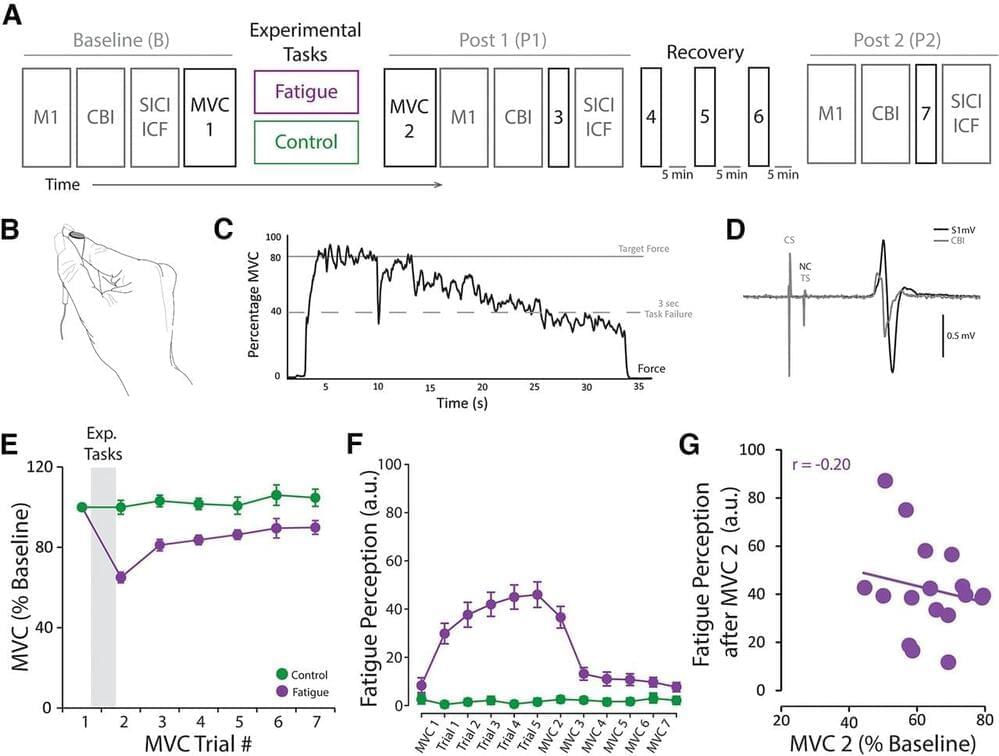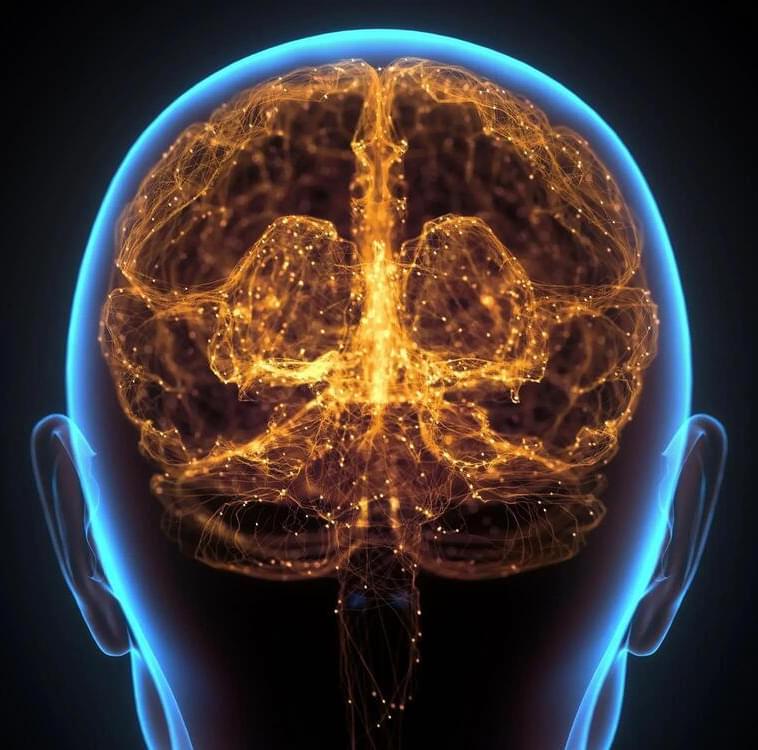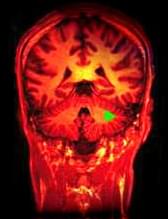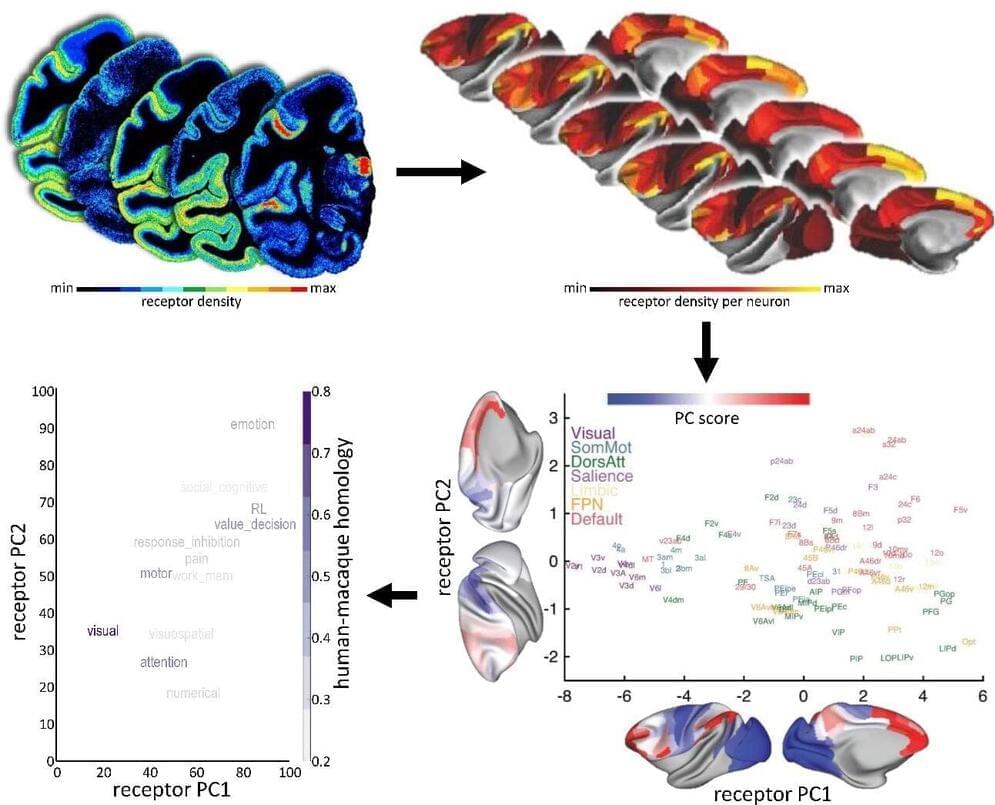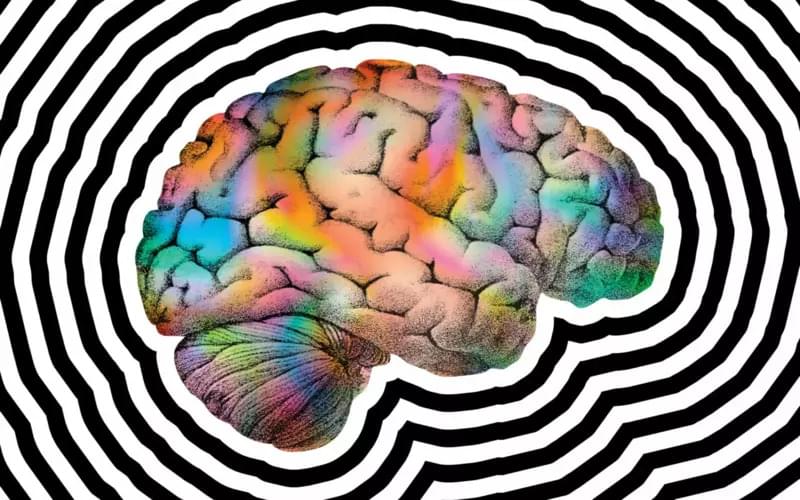
The foremost physiological effect of psychedelics in the brain is to significantly reduce activity in multiple brain areas, which contradicts the mainstream reductionist expectation. Physicalist neuroscientists have proposed that an increase in brain noise explains the subjective richness of a psychedelic experience, but a psychedelic experience isn’t akin to TV static, argues Bernardo Kastrup.
Before 2012, the generally accepted wisdom in neuroscience was that psychedelic substances—which lead to unfathomably rich experiential states—stimulate neuronal activity and light up the brain like a Christmas tree. Modern neuroimaging, however, now shows that they do precisely the opposite: the foremost physiological effect of psychedelics in the brain is to significantly reduce activity in multiple brain areas, while increasing it nowhere in the brain beyond measurement error. This has been consistently demonstrated for multiple psychedelic substances (psilocybin, LSD, DMT), with the use of multiple neuroimaging technologies (EEG, MEG, fMRI), and by a variety of different research groups (in Switzerland, Brazil, the United Kingdom, etc.). Neuroscientist Prof. Edward F. Kelly and I published an essay on Scientific American providing an overview of, and references to, many of these studies.
These results contradict the mainstream metaphysics of physicalism for obvious reasons: experience is supposed to be generated by metabolic neuronal activity. A dead person with no metabolism experiences nothing because their brain has no activity. A living person does because their brain does have metabolic activity—or so the story goes. And since neuronal activity supposedly causes experiences, there can be nothing to experience but what can be traced back to patterns of neuronal activity (otherwise, one would have to speak of disembodied experience). Ergo, richer, more intense experience—such as the psychedelic state—should be accompanied by increased activity somewhere in the brain; for it is this increase that supposedly causes the increased richness and intensity of the experience.


